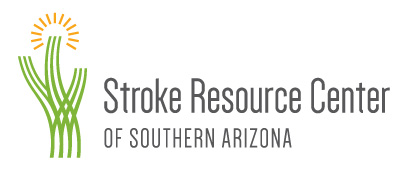What is a stroke? Am I at risk? What are the signs? FAQ
The following questions are frequently asked by the visitors to this website and stroke patients and their caregivers, in general. We will periodically post different FAQs and answers.
1. Where can I get support after a stroke?
Stroke support groups are local groups for those affected by stroke. They provide a meeting place for people affected by stroke and their caregivers to come together and share their experiences. See information on our site for stroke support groups in Southern Arizona. For other resources supporting stroke survivors and caregivers, visit other pages on this site as well as other internet sites!
2. Can I drive after my stroke?
Returning to driving after a stroke may be an important part of recovery. However, the physical, visual or cognitive effects of a stroke may make it unsafe to drive. You should ask your health care provider or your occupational therapist about a medical assessment so you can return to driving following a stroke.
3. Exactly how does stroke affect a person?
The effects of stroke depend on what part of the brain is damaged. A person may experience some or several of the following effects of stroke.
- Weakness or paralysis and loss of sensation About 80% of people who survive a stroke will suffer paralysis on one side of the body. This can either be partial or complete depending on the seriousness of the stroke. Loss of sensation may also occur.
- Swallowing Swallowing difficulties affect about 50% of people who have a stroke. Liquids are more difficult to swallow than solid food.
- Difficulty communicating You may experience aphasia (also known as dysphasia). This affects your ability to understand or use language.
- Difficulty thinking You may have problems with memory, attention, concentration, working out problems and grasping new information.
- Emotional changes Emotional ups and downs can be caused either by the distress that comes from having a stroke, or changes that have happened in the brain.
4. How soon will I recover from my stroke?
Because the brain needs time to heel after a stroke, recovery is usually a gradual process and can take many months. Recovery can continue over your lifetime.
5. Will rehabilitation help me fully recover?
It is important to understand that every stroke is different. The extent of recovery varies from stroke patient to patient and ranges from those who are left with a slight disability, to those with more serious impairments.
